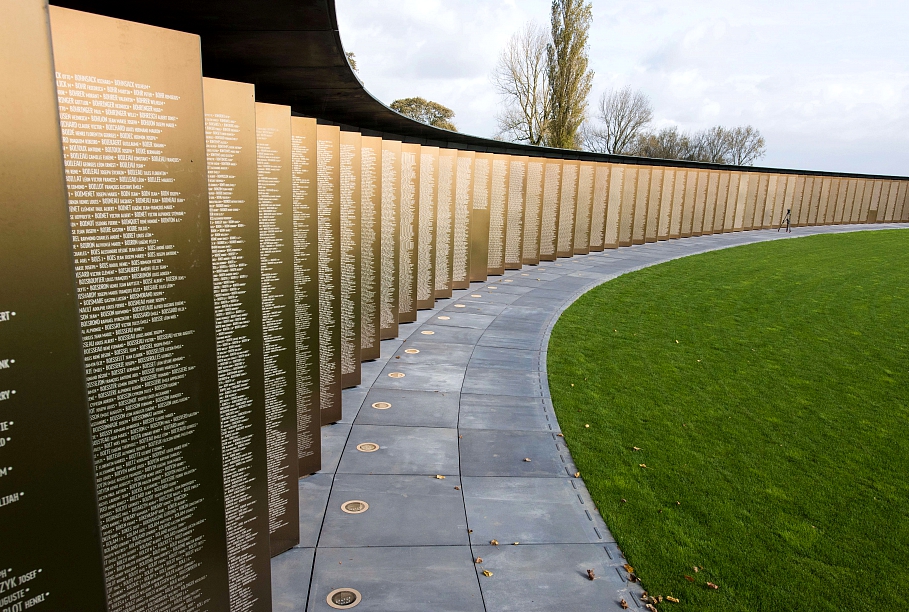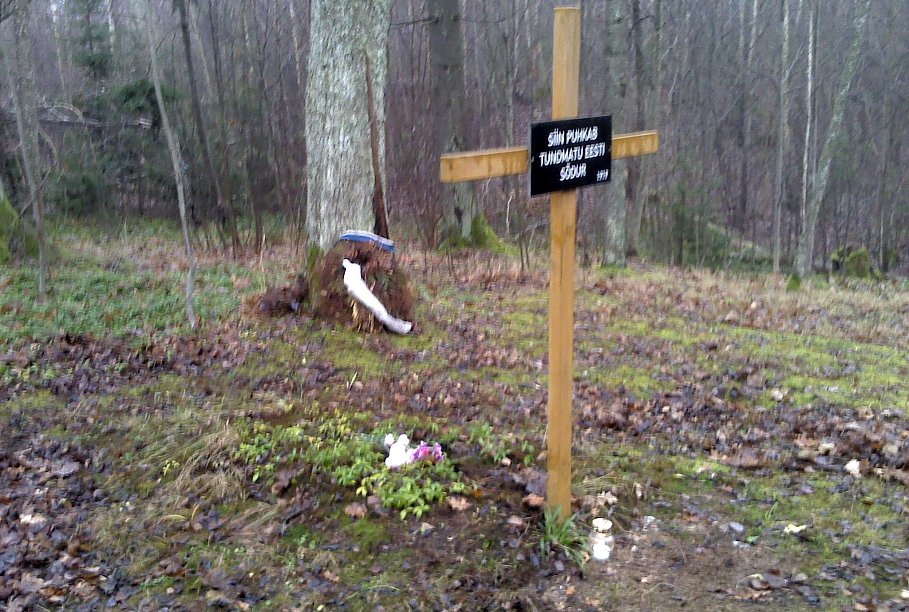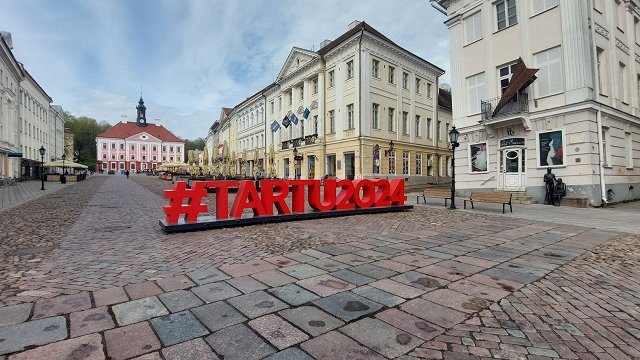By “we” of course he means “our soldiers” not “we in this room”.
The more accurate description might be that war is both a product of and a failure of civilization. Without some sort of organized social structure it would be impossible to create an army more effective than a street gang. It is a failure of civilization because war in its full form comes when one civilization decides it wants to wipe out – or at least reduce to subjugation – another civilization.
But the real truth is that in fact war is: terror, pain, violence, trauma, fear, hatred, madness, bereavement. It is limbs blown off, bodies in ditches, children in the rubble. There is a very good reason many novice soldiers throw up the first time they see someone killed in front of them. Humans are not supposed to kill each other.
So while military parades, speeches and flying the flag are appropriate on days of remembrance – how else otherwise can it be done? – taking a minute to be silent and think is even more important if we are not to slip into the jingoistic nationalism that causes wars in the first place.
I feel uneasy when people talk of those who “gave their lives” for their country. Their lives were generally taken away rather than freely given. Many were brave, just as many must have been fearful. They would have preferred not to die. They would have preferred to be able to stand where we stand to tell us their stories face to face, not muffled through a slab of marble.
On Latvian remembrance day, Lacplesis Day, I visit the grave of a single unknown Estonian solider, located in lonely isolation a few kilometres outside the town of Cesis. He died fighting for the freedom of both his country and my adopted country here in 1919 – a year after the supposed end of the “War to end all wars”.
Indeed it is a Latvian victory of 11 November 1919 that is the basis of Lacplesis Day rather than the Armistice a year earlier which is the reason the date is marked in other countries.
Nothing remains of this man now but a small mossy lump in the ground and a wooden cross with the sign: "Siin puhkab tundmatu eesti sõdur" (Here lies an unknown Estonian soldier). Nothing apart from the fact that two countries are free.
It must have been a lonely death this young man experienced, not so far from his homeland but away from it nevertheless. The last thing he would have seen was this Latvian land all around him. I wonder what he thought as he fell. Perhaps that dreadful flash of “your whole life playing in front of your eyes” that people talk about. Perhaps an even more dreadful dream of the plans that would never now be fulfilled.
To die defending your own home is a great sacrifice. To die defending your neighbor's is something truly remarkable, so I think that, as a stranger who has benefitted from Latvia's freedom, it is appropriate that I pay my respects to him.
And now we have war close at hand again, in Ukraine. Call it an insurgency, a rebel enclave, a revolution, an infiltration, call it what you like. The fact is there we see terror, pain, violence, trauma, fear, hatred, madness, bereavement. Limbs blown off, bodies in ditches, children in the rubble. So it's war. Tragically, almost everyone seems to agree that it is brother against brother, cards of death being dealt between people who have a lot in common. Just like 1914.
Somewhere, a long way from the mortars, armor-piercing shells, anti-aircraft rockets, the blood and corpses, someone still sees it in the reassuringly antiseptic terms of a “clash of civilizations” just as the Kaisers and Kings did a century ago. To him it is flags, pomp, pride, power and glorious history in the making!
Idiot.
Views expressed are the author's own.

































